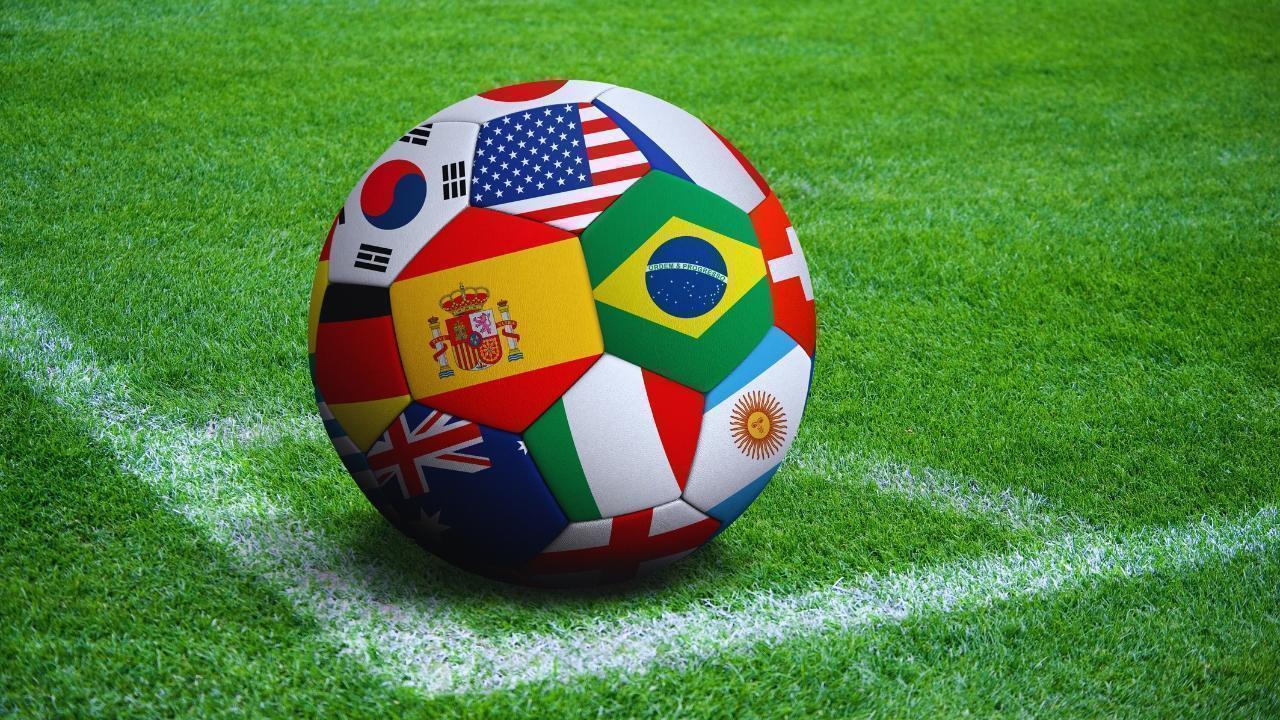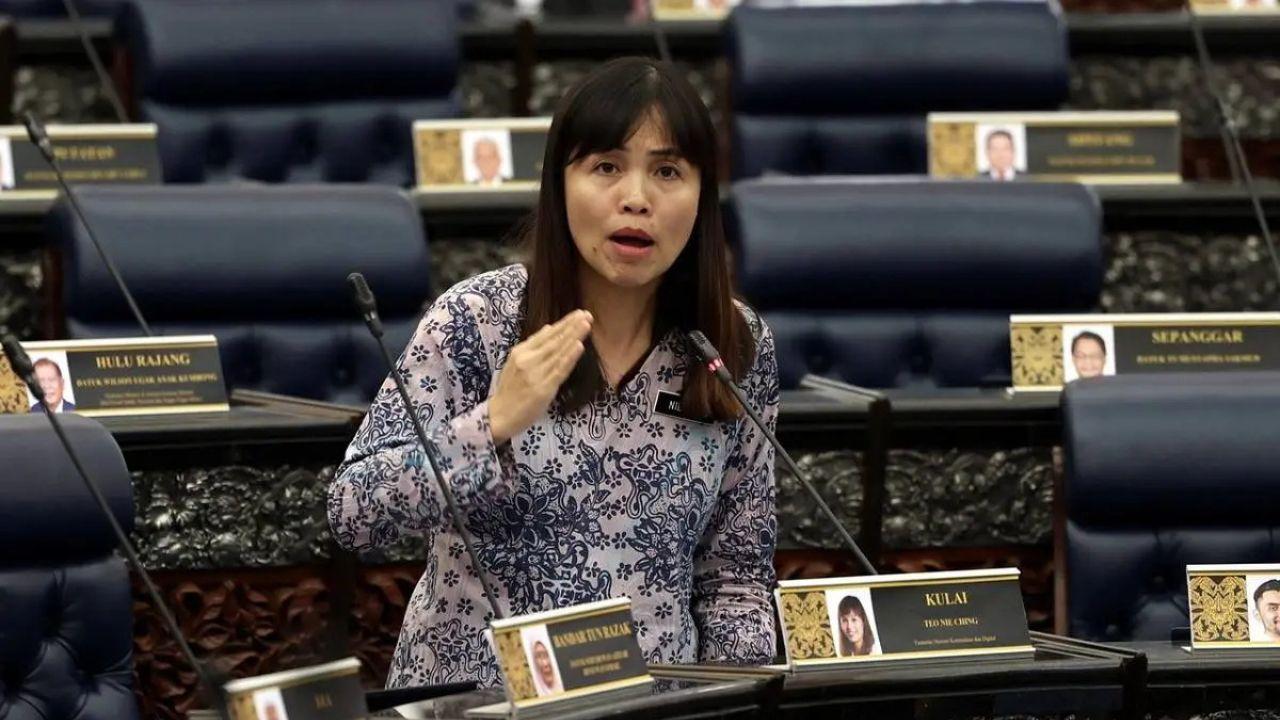You have not yet added any article to your bookmarks!

Join 10k+ people to get notified about new posts, news and tips.
Do not worry we don't spam!

Post by : Anis Farhan
The year 2025 will be remembered as a historic moment in the sporting world when the Philippines hosts the inaugural Women’s FIFA Futsal World Cup. For the first time, futsal, a fast-paced variant of football played indoors on a smaller pitch, will have its own women’s global championship. This event is not just about introducing a new tournament but about redefining opportunities for female athletes in football and setting a precedent for how women’s sports can thrive on the world stage.
The Philippines’ selection as the host is significant. The nation has been steadily growing in its football culture, with women’s football recently gaining global recognition after the Philippines Women’s National Team qualified for the FIFA Women’s World Cup in 2023. Hosting this futsal championship elevates the country’s position in the global football ecosystem while inspiring a new generation of athletes in Asia.
The decision by FIFA to award the Philippines hosting rights reflects multiple factors. First, the country has demonstrated remarkable enthusiasm for football and futsal despite historically being a basketball-dominated sporting nation. Over the last decade, grassroots programs, school competitions, and local leagues have nurtured a solid foundation for the sport’s growth.
Second, the Philippines offers the infrastructure and passion to stage a global competition. Cities like Manila and Cebu are already preparing world-class arenas that can accommodate both local and international fans. By awarding the hosting rights, FIFA is also recognizing Southeast Asia’s growing importance as a sports hub.
Finally, the choice aligns with FIFA’s global vision of expanding the reach of football into non-traditional strongholds. For women’s futsal, launching the inaugural edition in the Philippines symbolizes inclusion, growth, and opportunity.
Until recently, women’s futsal had limited global visibility compared to its male counterpart. Local tournaments and regional events existed, but they rarely drew global audiences. The Women’s Futsal World Cup changes that narrative by creating a competitive, structured, and prestigious platform for women players worldwide.
This development is particularly crucial because futsal has unique attributes that make it exciting and accessible. The game is faster, played on a smaller court, and emphasizes technical skill, quick decision-making, and creativity. Women athletes have long shown remarkable skill in futsal, but without a global stage, recognition and opportunities were scarce.
The 2025 championship will allow players to compete at the highest level, inspire younger athletes, and encourage federations worldwide to invest more resources into the women’s game. It is a step toward parity in opportunities across genders in football.
For the Philippines, hosting this global event represents a turning point in how the country views sports beyond basketball. While football and futsal have historically been overshadowed, events like this are expected to ignite national pride and broaden interest among the youth.
Tourism will also benefit greatly. Global sports fans traveling to the Philippines will contribute to the economy, highlighting the country as a destination not only for its beaches and heritage but also for international sports. With an anticipated surge in visitors, local businesses, hotels, and travel sectors are preparing for a significant boost.
Additionally, Filipino athletes stand to benefit from exposure to world-class competition. Playing against the best in the world on home soil will accelerate their development and potentially elevate local players to international recognition.
The inaugural Women’s FIFA Futsal World Cup holds broader social significance. Women’s sports have often faced challenges such as underfunding, limited media coverage, and fewer professional opportunities compared to men’s events. By creating a dedicated futsal championship, FIFA acknowledges the value of women athletes and provides them with a global platform.
For the Philippines, this could lead to greater investment in women’s sports programs, scholarships, and career pathways. It also sends a message to young girls that pursuing sports professionally is a viable future. This cultural shift can contribute to breaking stereotypes and empowering women both on and off the court.
The announcement of the Philippines as host has been met with enthusiasm worldwide. Football associations, particularly in Europe and South America where futsal is deeply rooted, are preparing their women’s teams for the debut competition.
Fans are eager to see which nations dominate the first edition. Countries like Brazil, Spain, and Portugal, with strong futsal traditions, are expected to perform well, while emerging Asian teams will aim to showcase their progress. For the Philippines, competing not only as host but also as a debutant in the tournament adds to the excitement.
Media outlets globally have highlighted this as a game-changer for women’s football, comparing it to the launch of the FIFA Women’s World Cup in 1991, which dramatically transformed women’s football worldwide.
While anticipation is high, challenges remain. Organizing a world-class event requires meticulous planning, infrastructure readiness, and coordination with international bodies. Ensuring smooth logistics, ticketing, broadcasting, and fan experience will be critical for success.
Another challenge lies in balancing expectations. As the inaugural edition, the tournament will be under scrutiny, with many looking to evaluate whether women’s futsal can captivate global audiences. FIFA and the Philippines must ensure that marketing and promotion highlight the sport’s uniqueness and appeal.
Furthermore, ensuring equal visibility for the women’s tournament in global media remains a priority. Strong broadcasting deals and digital streaming will play a pivotal role in reaching audiences worldwide.
What happens after the 2025 Women’s FIFA Futsal World Cup will determine its long-term impact. If successful, the tournament could become a recurring event that accelerates the growth of women’s futsal across continents.
For the Philippines, the legacy will extend beyond hosting. The event will leave behind improved sports infrastructure, heightened interest in futsal, and an empowered generation of athletes. It may also pave the way for the Philippines to bid for other major tournaments in the future, both in football and other sports.
Most importantly, this championship has the potential to influence cultural attitudes towards women in sports globally. By putting women athletes at the forefront, the inaugural World Cup reinforces that women deserve equal opportunities and recognition in the sporting arena.
This article is intended for informational and editorial purposes only. While every effort has been made to ensure accuracy, details surrounding the Women’s FIFA Futsal World Cup 2025 are subject to official updates from FIFA and relevant sporting bodies.










Richard Liu launches $690M eco-yacht brand Sea Expandary
JD.com founder Richard Liu invests $690M in Sea Expandary aiming to produce affordable green yachts

China imposes export curbs on 40 Japanese firms over military ties
Beijing restricts dual-use exports to Japanese companies, citing remilitarization concerns, promptin

Malaysia moves to protect Musang King durian amid China impostors
Authorities safeguard Malaysia’s Musang King brand as durians from Thailand and Vietnam are being fa

UAE field hospital in Gaza hosts WHO delegation to review aid
WHO delegation visits UAE field hospital in Gaza to assess medical support, review patient care, and

Trump highlights economic gains in State of the Union speech
US President Donald Trump praised his economic record in the State of the Union as he seeks politica

Bahrain Health Minister Meets Child Psychiatry Association Leaders
Discussions focused on strengthening child and adolescent mental health services and expanding preve